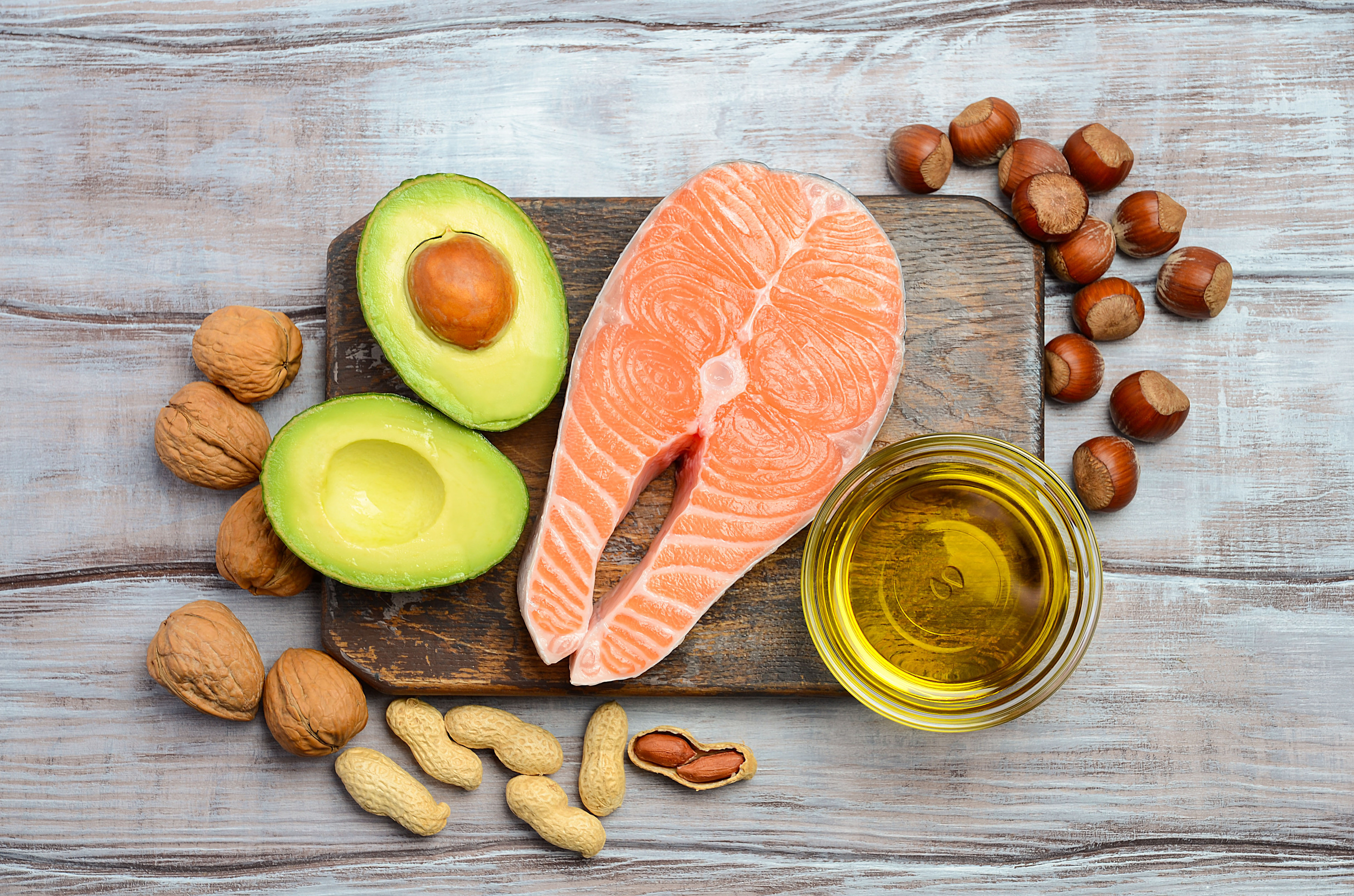Fats are the first thing that we cut out of our diets when aiming to lose weight. Well, it turns out that it's quite the opposite — fats should be a staple on our plates, both for weight loss and maintaining a healthy lifestyle.
But here's the catch: not all fats are created equal. "When we talk about 'good fats,' we refer to unsaturated fats, divided into two main groups: monounsaturated and polyunsaturated," explains nutrition specialist Maria Amaro.
For the sake of our health, it's crucial to clearly distinguish them from saturated fats (pastries, processed meats, etc.). "Trans fats, the ones known as 'bad fats,' are found in processed and ultra-processed foods. These are the ones we should virtually eliminate from our diets," clarifies Amaro.
Just by replacing saturated fats with monounsaturated fats, "you not only lose weight but also reduce the accumulation of adipose tissue in the abdominal area (visceral fat), decreasing the likelihood of cardiovascular problems, as demonstrated in studies like this one published in September 2003."
The confusion between these fats might be the reason behind labeling unsaturated fats as villains when tryig to lose weight. "It's well proven that, to lose weight, reducing carbohydrate intake is much more effective than cutting fats," asserts this specialist.
Javier Fernández Ligero, a pharmacist and nutritionist, leaves no room for doubt: "'Good fats' are a fundamental macronutrient for our body, providing sustained energy and enhancing the feeling of satiety. Ironically, despite the fact that our hormonal system suffers without it, leading to a series of imbalances that are detrimental to our health, fats have traditionally been seen as an enemy."
Even though they are often eliminated from regular diets under the assumption it aids weight loss, "removing them from our diet is a big mistake that could result in the opposite of the desired outcome: a slowed metabolism and weight gain," Fernández Ligero warns.
Why? "Because without fats, our hormones cannot function in a balanced manner."
But there's more. "We're not aware that 90% of the brain's content is fat. That's why individuals consuming very little fat tend to have more emotional fluctuations, apathy, lack of motivation, mood swings, etc."
According to Fernández Ligero, "eggs, avocados, nuts, and oily fish help us train our metabolic flexibility, aiming to reduce our dependence on carbohydrates as an energy source."
This way, he continues, "by generating blood glucose peaks through fats, we obtain much longer-lasting energy, freeing ourselves from the need to snack all day to prevent energy crashes."
Amaro also provides her 'shopping list' of 'good fats'. "Olive oil, a potent antioxidant due to its high polyphenol content, with anti-inflammatory effects and rich in monounsaturated fats, tops the list of recommended foods. A study in 2010 showed a correlation between lower body weight and its use in cooking. However, if weight loss is the goal, moderation is key."
Highlighting once again "the exceptional nutritional value of eggs," this nutritionist suggests that "oily fish like salmon, sardines, herring and anchovies have the highest proportion of healthy fats and are associated with a lower percentage of body fat." She advises consuming "olives and avocados, rich in monounsaturated fatty acids and also an excellent source of fiber, plant proteins, and water."
Read the original article in Spanish here.
